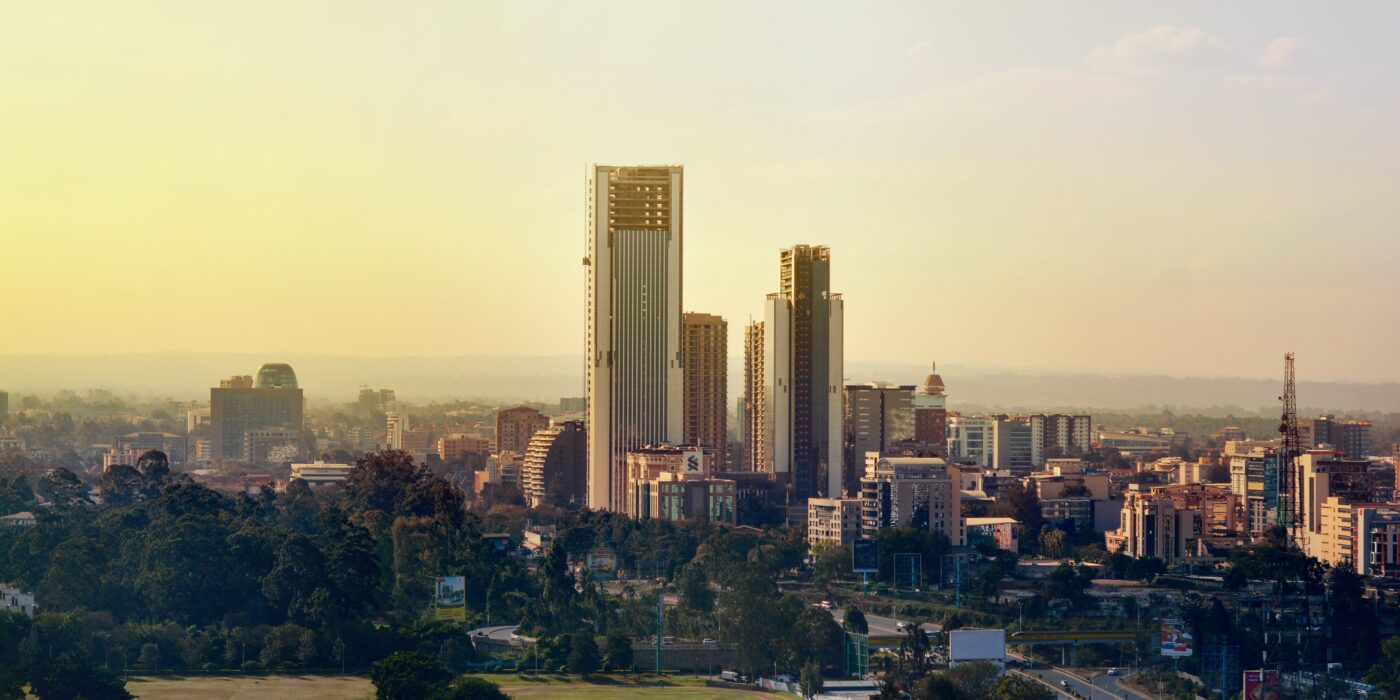
Objective
This research seeks to understand how transit-oriented development has been pursued in low- and middle-income countries and what can be learned from those efforts.
This project will look at the following research questions;
- How can informal settlements be retrofitted in low-income countries?
- What are the most effective strategies to integrate transport and land-use planning in the face of rapid economic growth?
- What role do urban design standards play in sustainable mobility solutions and how can these be transformed?
- How can the needs of disadvantaged groups be better met through urban development policy?
Potential impact
Create more proactive, data driven, equitable, and context-sensitive approaches to TOD retrofitting pursued in the low-income country context.
Approach
At the outset, baseline conditions for urban growth in the target countries, conduct case studies of policy implementation, and then draw conclusions, develop guidance, and build capacity from this information.
To complete the research, the research team will review academic and gray literature, collect policy documents, assess quantitative geospatial data, collect quantitative data at the neighborhood scale, interview key actors, and conduct workshops.
Outcome
Qualitative and quantitative assessments of the efficacy of existing TOD policies will be developed. These will be matched to the existing conditions and capacities in low-income countries in Africa.
COVID-19 Response
By reducing car travel and pollution, this projects aim to reduce respiratory illnesses which exacerbated the effects of COVID-19.
